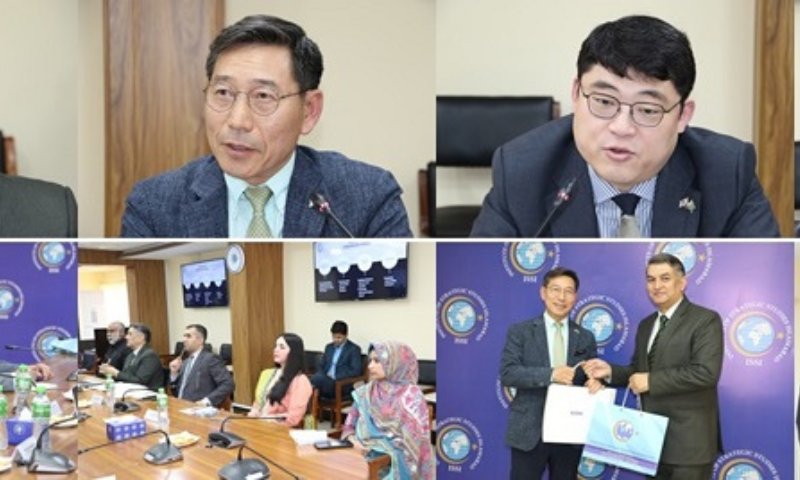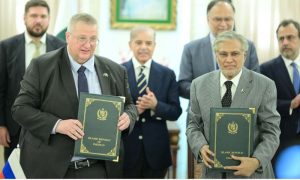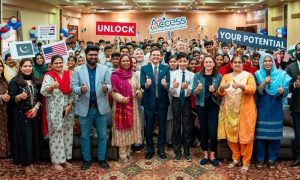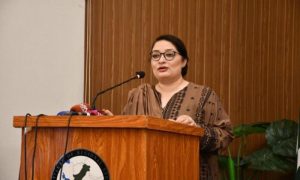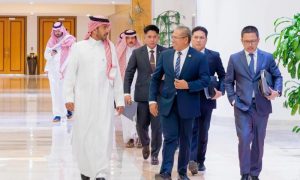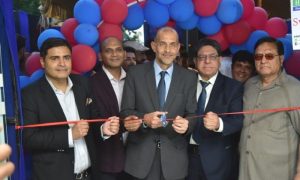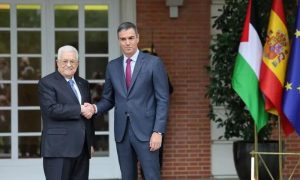ISLAMABAD: The world is in a state of transition and multiple centers of power are emerging and asserting themselves, redefining the contours of the modern era. Major powers have a responsibility to ensure international peace, it was viewed by experts in an in-house session between the Korea Institute of Defense Analyses and the China-Pakistan Study Centre (CPSC) held at the Institute of Strategic Studies (ISSI) here on Wednesday.
The session was titled “Pakistan-South Korea Relations.”
The discussion was chaired by ISSI Director CPSC Dr. Talat Shabbir while Research Fellow KIDAA Kim Ki-won, Associate Research Fellow- KIDA Noh In-Kyu, Ministry of Defence Director Arsalan Malik Qasim Mustafa, Director ACDC, Research Fellow Muhammad Ali Baig, and Research Associate/Editor Pivot Uroosa Khan were in presence.
On the occasion, the CPSC director gave a brief overview of the working of the institute and its organizational structure.
Meanwhile, the Research Fellow-KIDA Kim Ki-won said that it was imperative to understand Pakistan and South Korea relations in all domains. He agreed that think tank level collaboration was crucial and also suggested to have cooperation in the domain of cybersecurity and emerging technologies.
Director ACDC Malik Qasim Mustafa while talking about nuclear safety, emerging technologies, and cybersecurity noted that Pakistan today faced militarization within South Asia and in Indian Ocean Region and India’s aggressive militarization posed a threat to Pakistan.
Experts urge international community to recognize security concerns
He said that the international community should recognize the security concerns in this region and respond to these reasonably and objectively. He further added that Pakistan had always supported the UNSC resolutions and would continue to do so in the future.
Associate Research Fellow- KIDA Noh In-Kyu noted that in South Korea the knowledge and understanding regarding the South Asian region could be improved through think tank collaboration, people-to-people contacts, and academic exchanges.
He added that small-scale economic cooperation between the two states could pave way for large-scale cooperation in the future.









